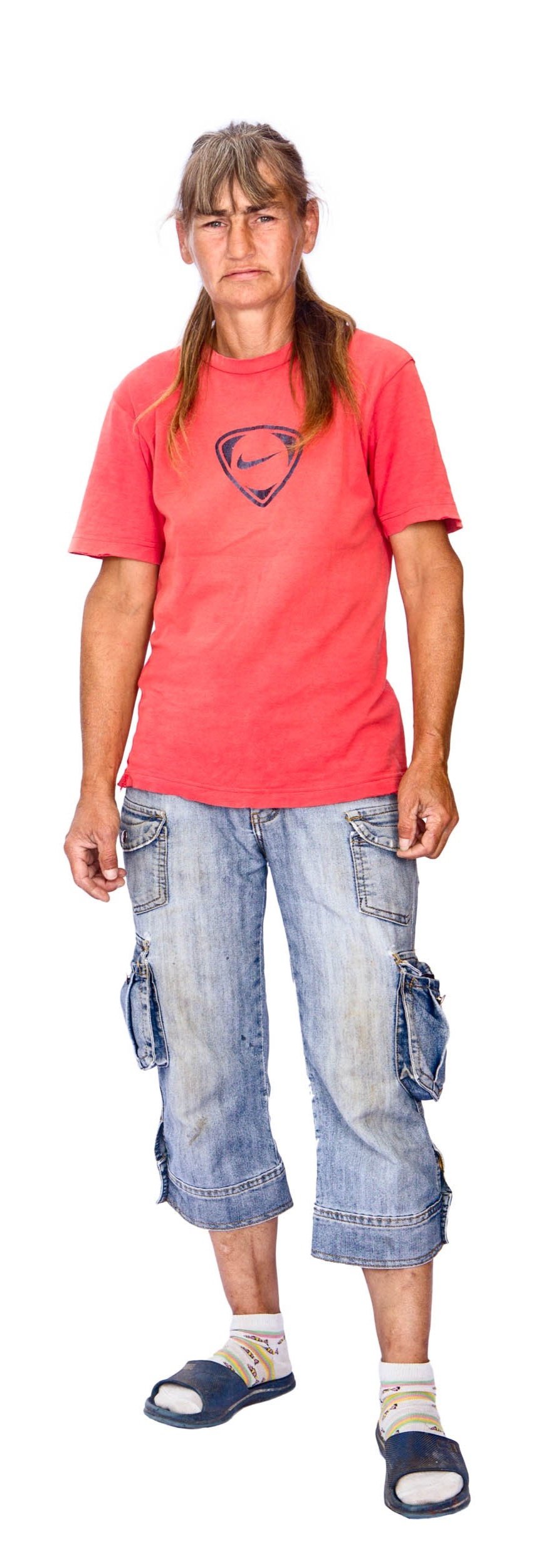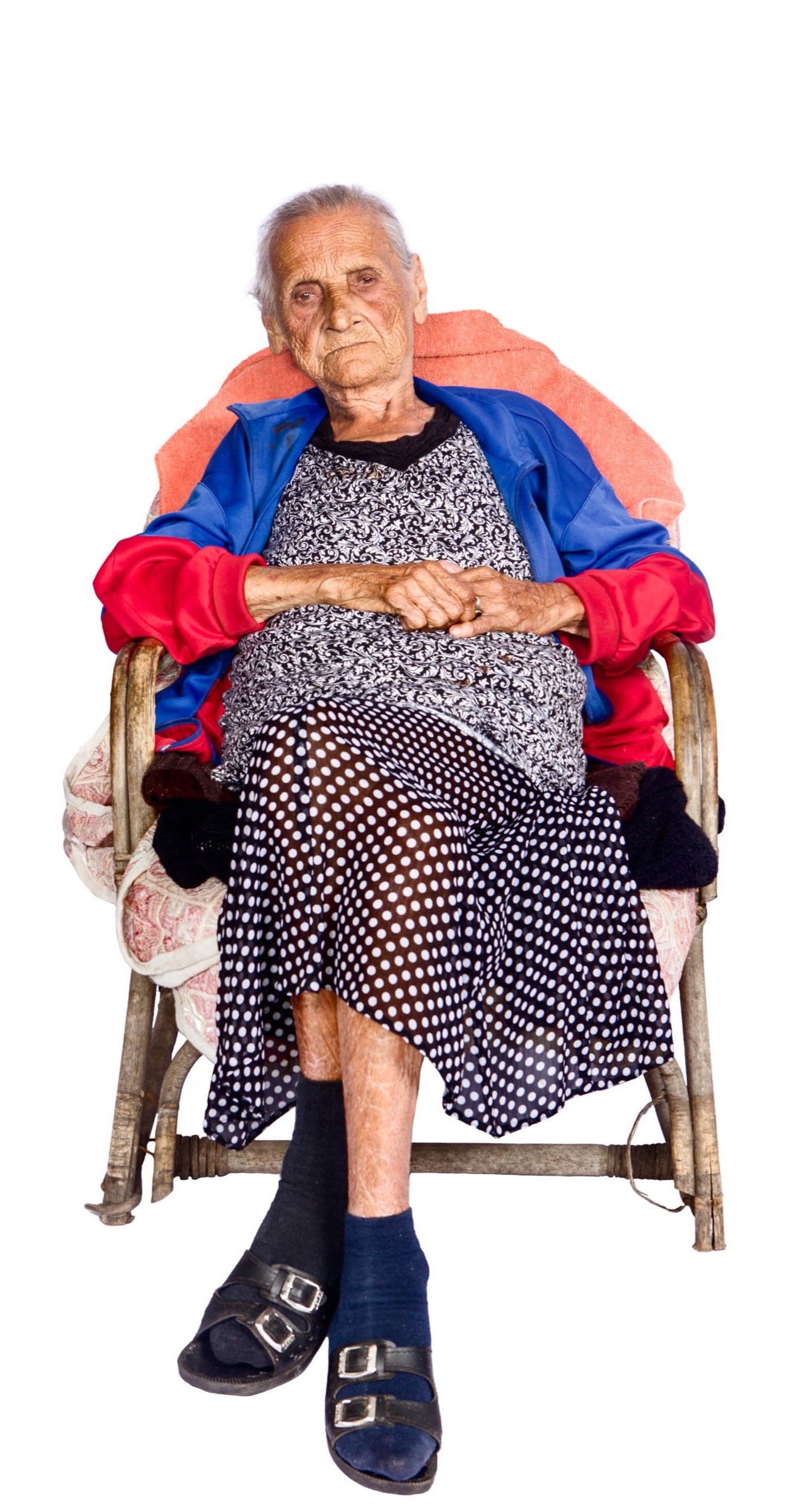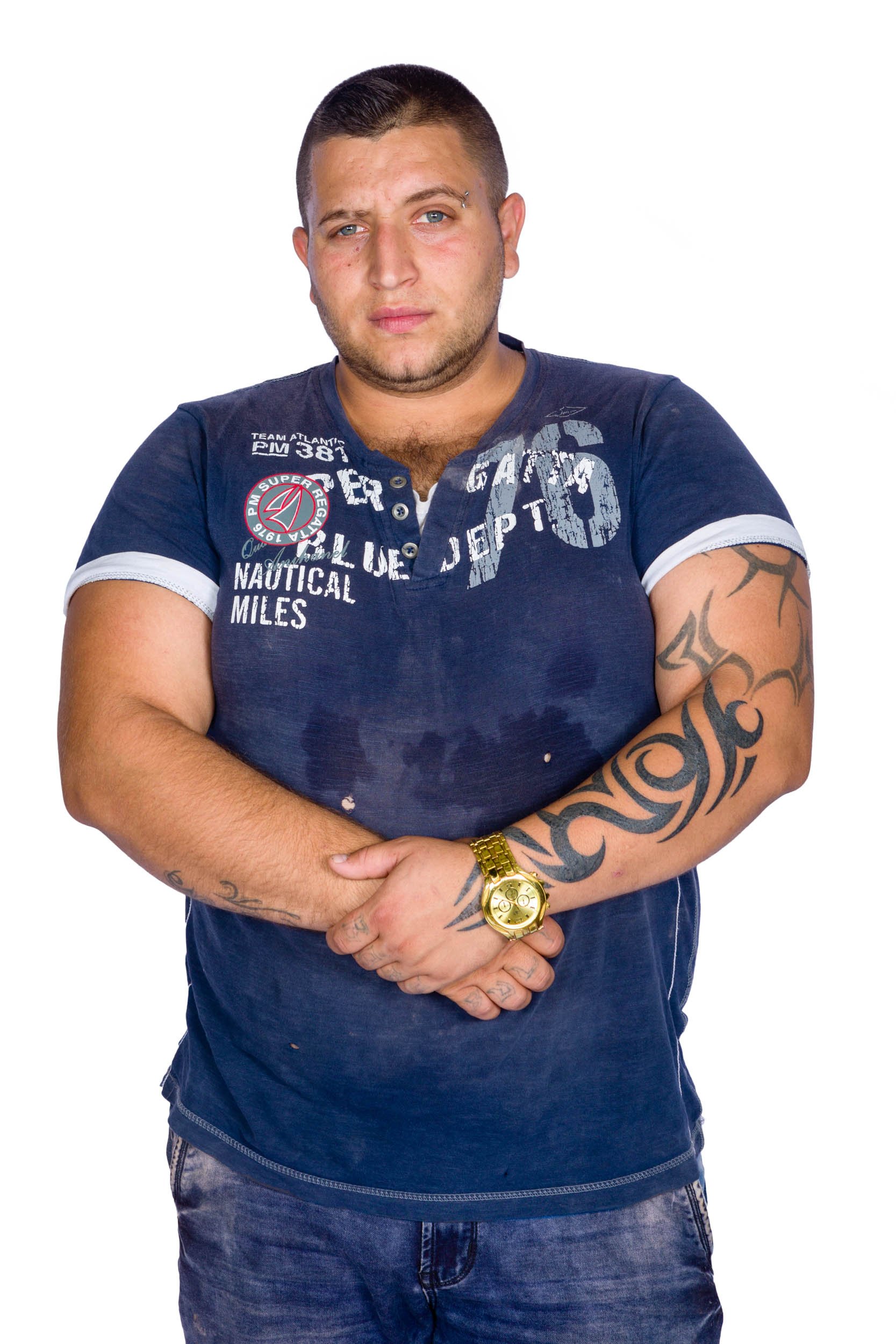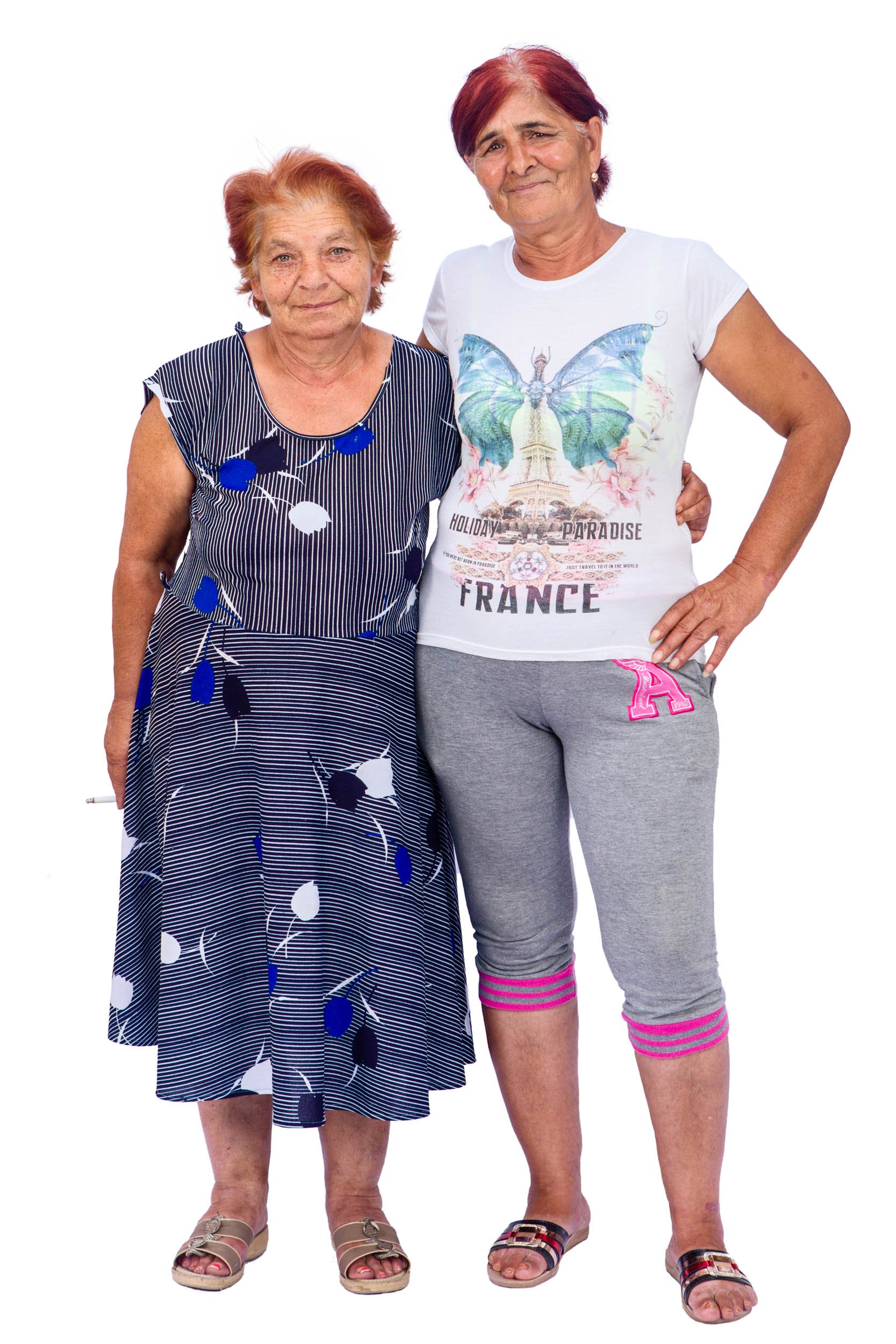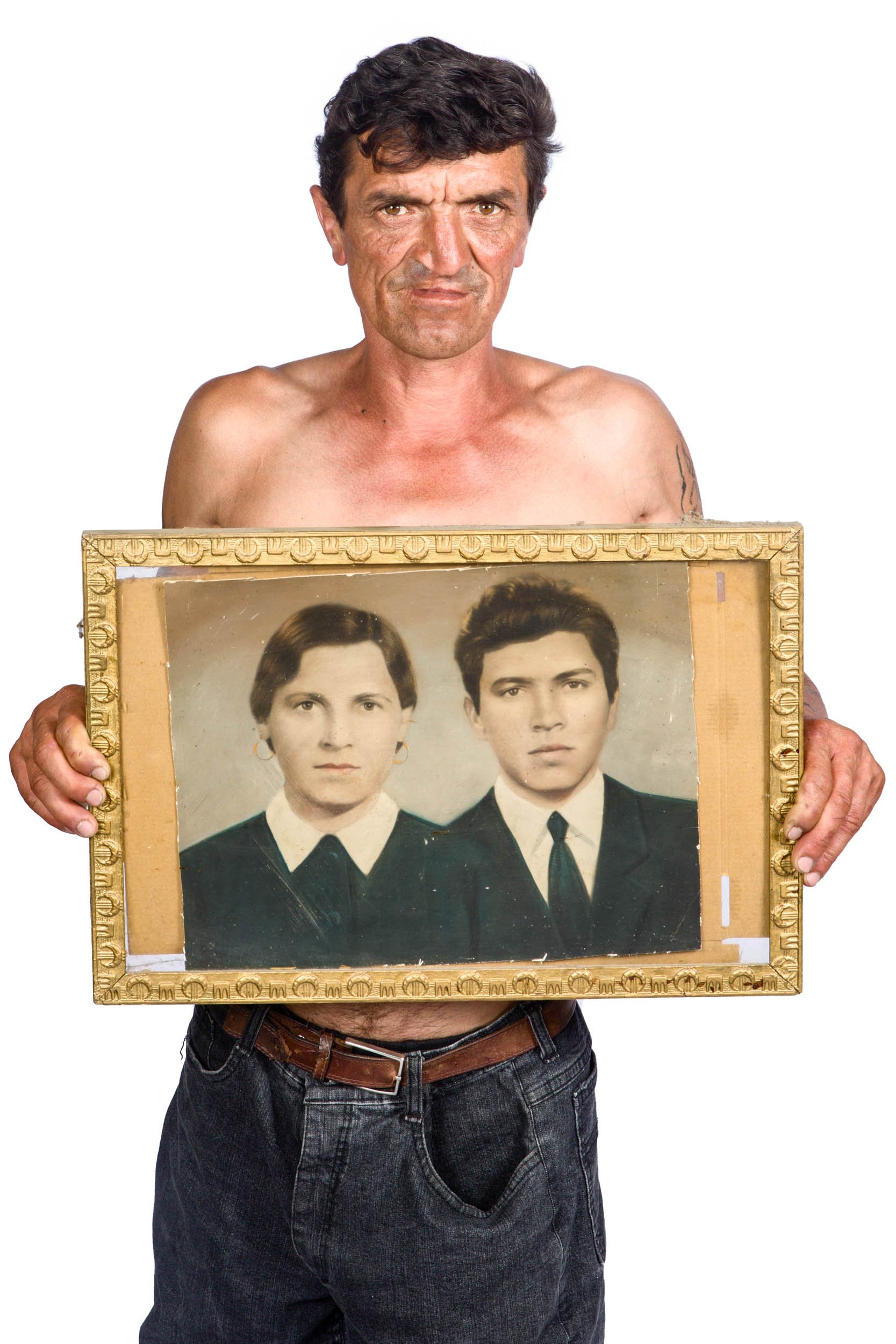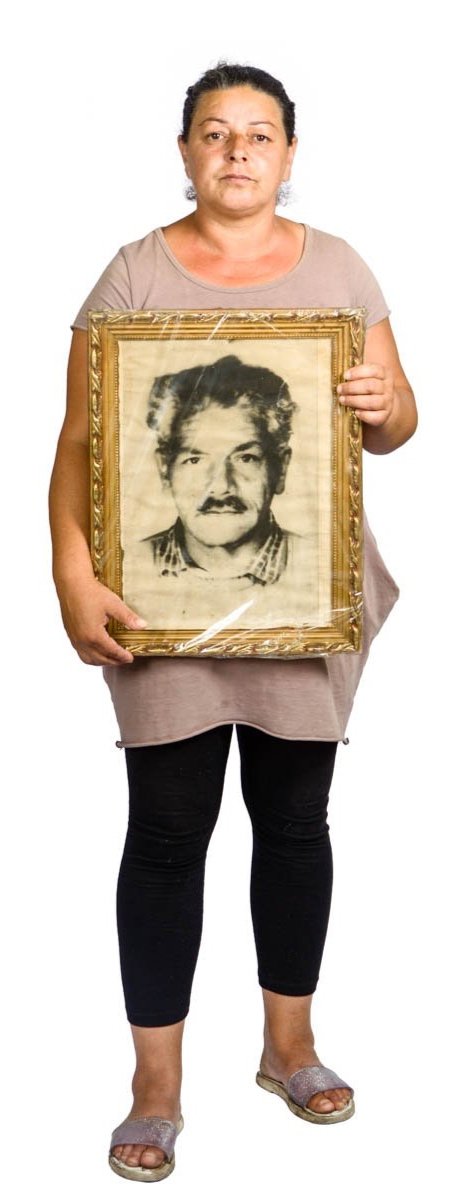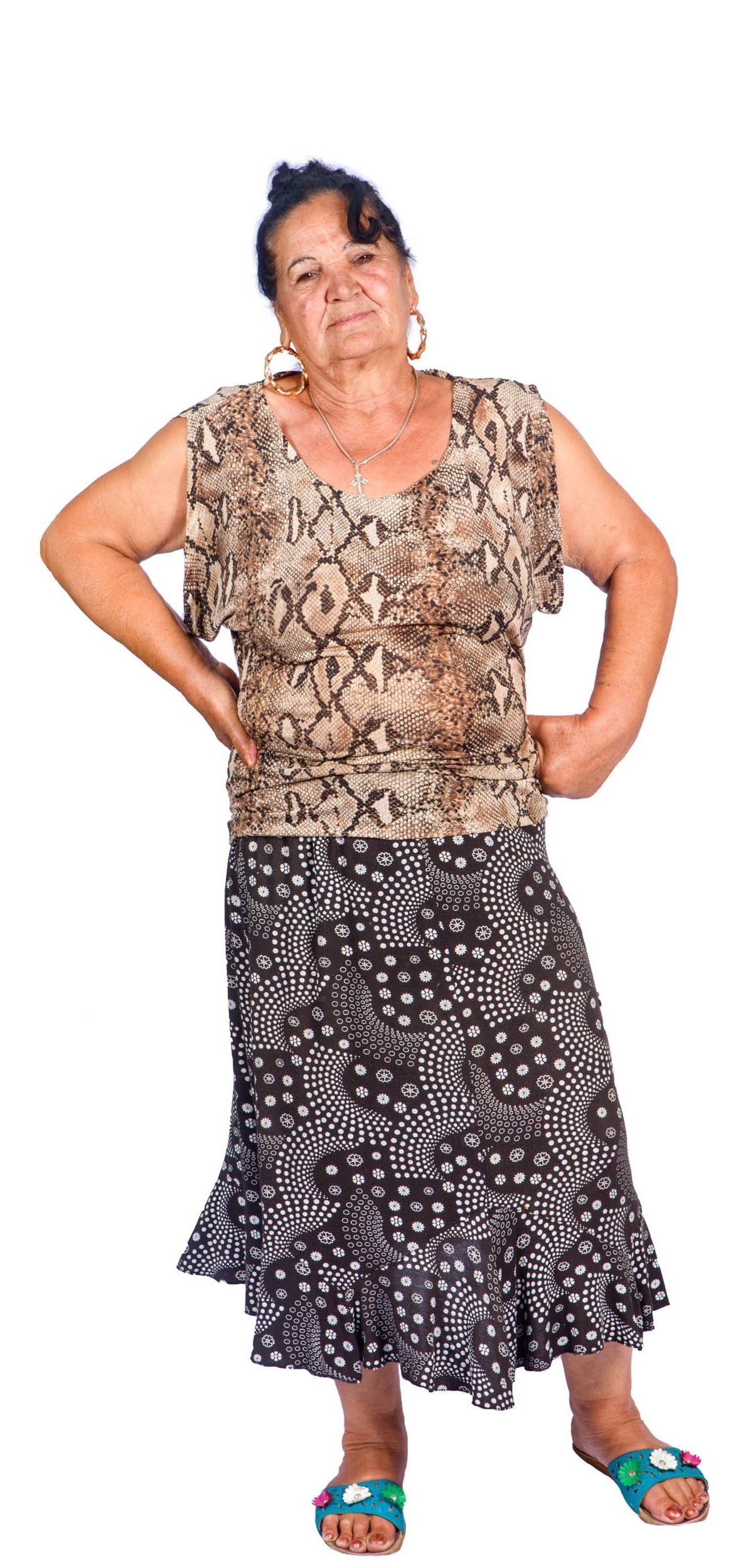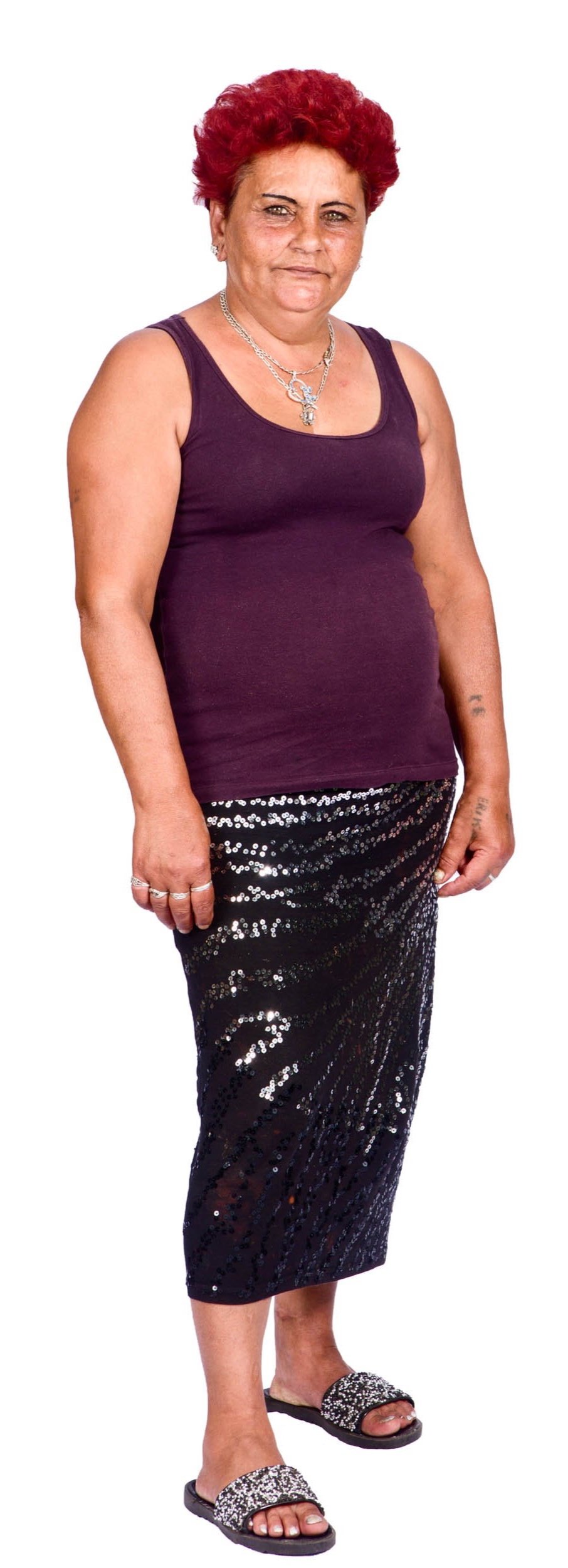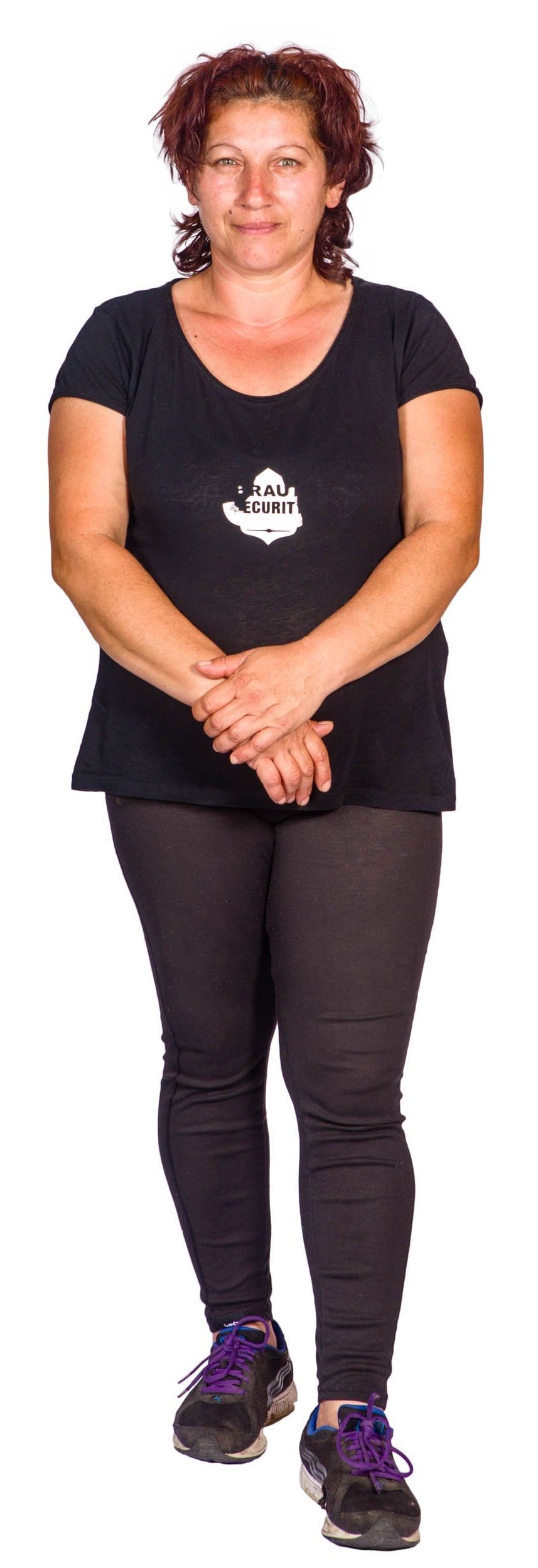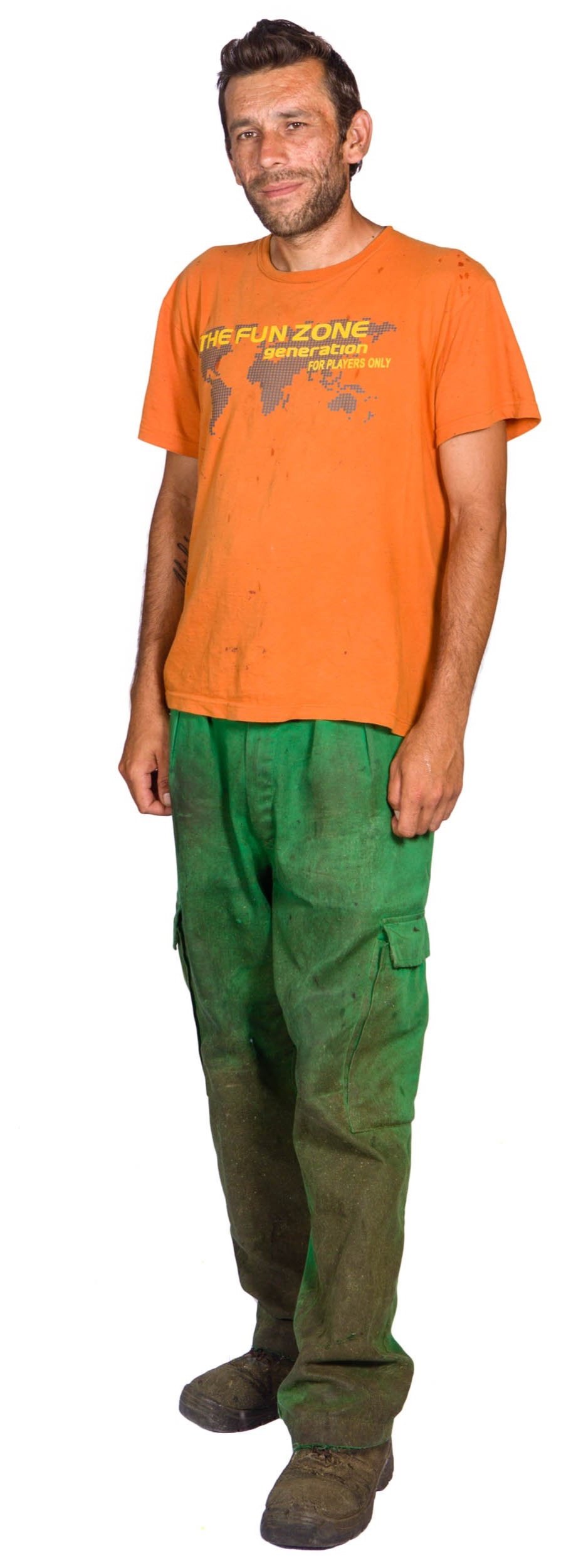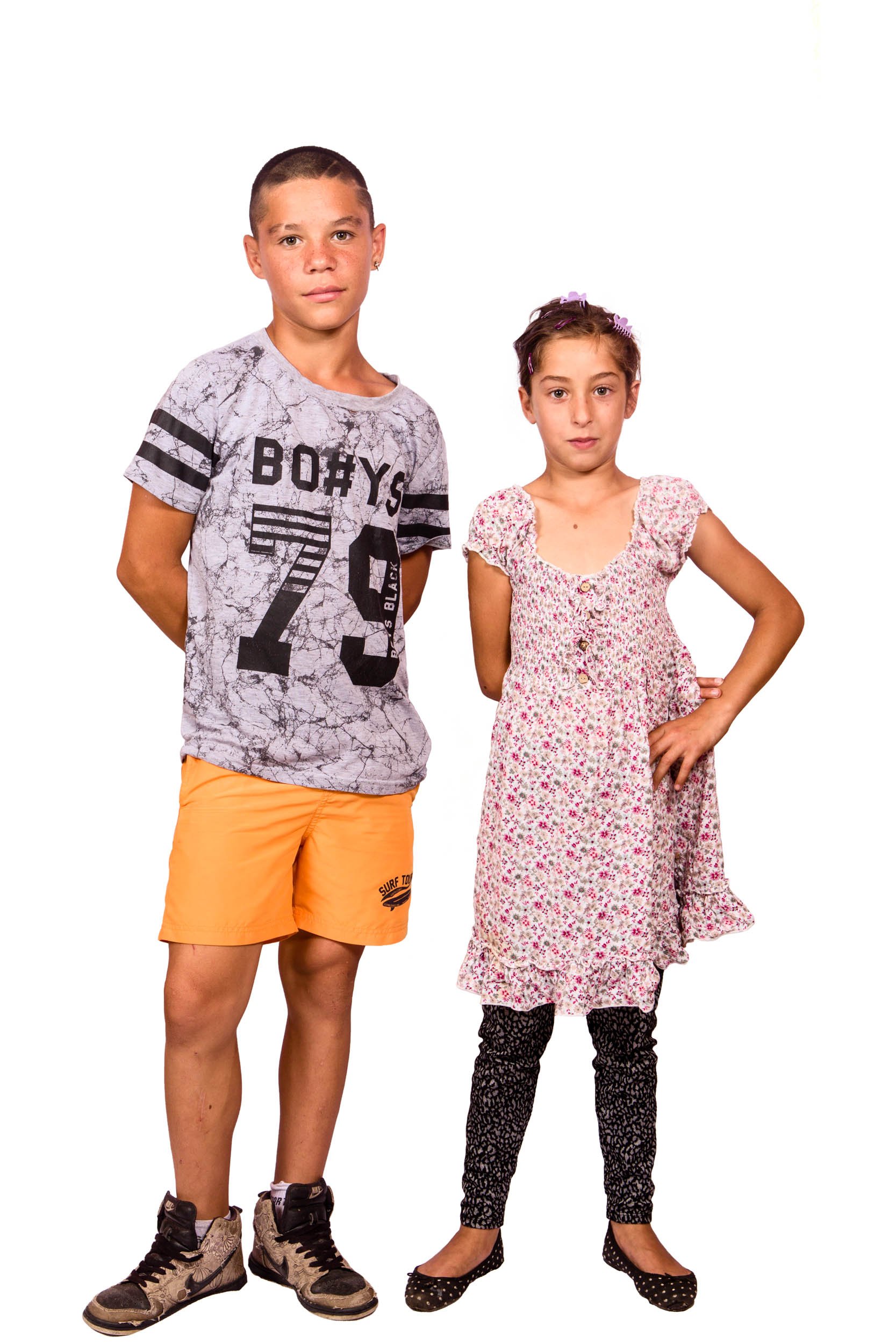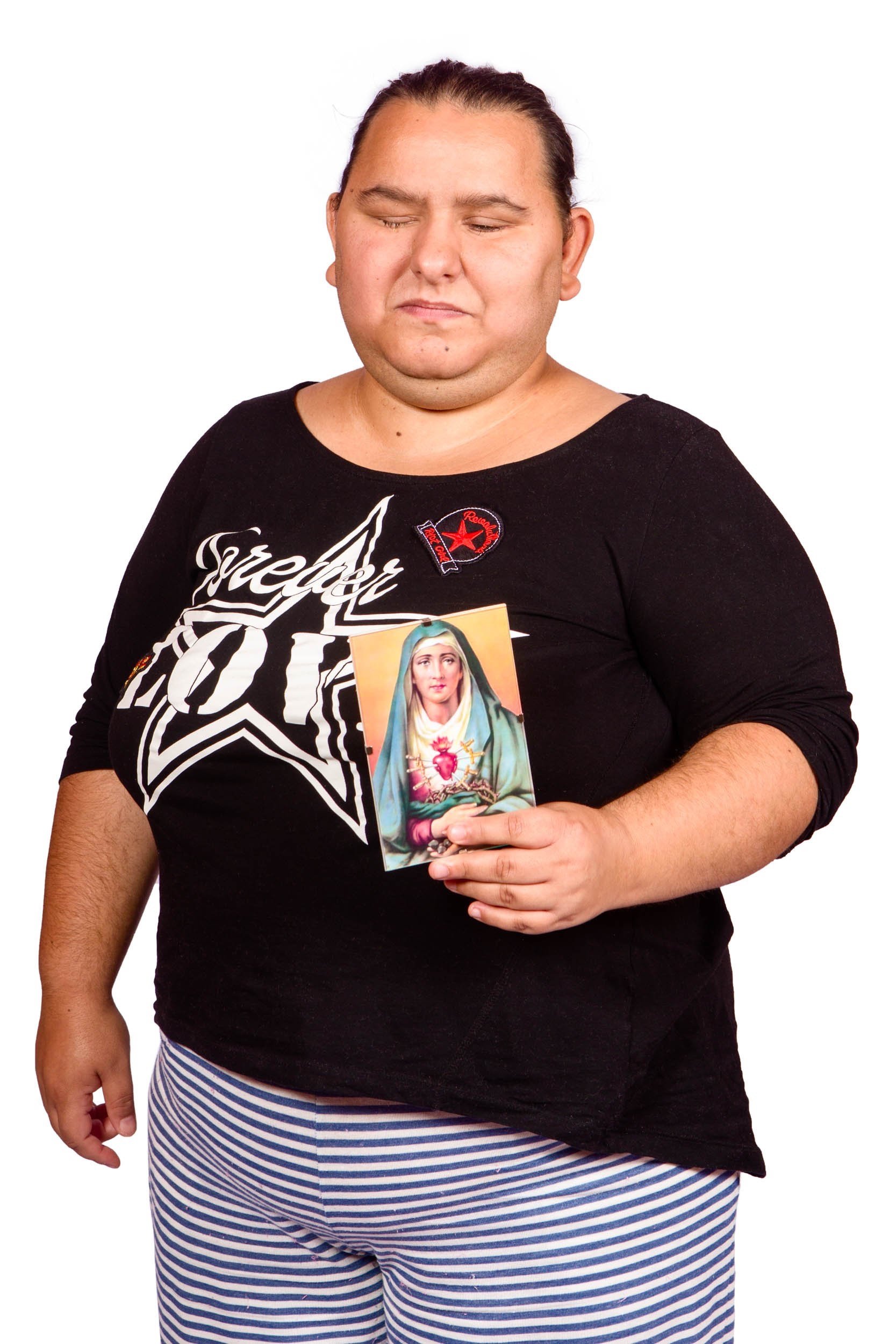Exhibition in Brussels
From Hungary to Toronto
In 2026 Kate Browne plans to present an exhibition in Brussels about her Cocoon made in Miskolc, in a segregated Roma neighborhood, and the fate of the people interviewed 5 years later.
Miskolc, Hungary, was once a thriving steel town, but the plants began to shut down at the end of the communist era, and by 2010 they were all closed.
In 2014 the city government of Miskolc, Hungary, began demolishing homes in the Numbered Streets working-class neighborhood in order to renovate its nearby soccer stadium.
“Many people left the Numbered Streets. Some sold everything they had to leave together with the kids. We sold furniture. We sold everything to be able to go to Canada with the kids. Just personal things we took, clothes to change into, nothing else. We bought the tickets. We went to Canada as refugees.”
“I always pay all my bills. I always pay all the rent. Top off my electricity meter. And still I have received an eviction order. Because my house is going to be pulled down. I take a lot of medicines. The executors gave me two weeks to move out from my house.”
The Numbered Streets is a small neighborhood where Hungarian Roma have lived for generations.
For politicians, the expansion of the stadium parking lot is a pretext for evicting Roma and razing their homes, pushing them even further away and accentuating their precariousness.
“Next month by the 14th we have to leave the house. We have nowhere to go. We have a notice. We received a notice. Because the mayor decided he needs a new stadium and the people living next to it are no longer needed.”
In 2019, when Kate Browne did her Cocoon artwork with the inhabitants, more than half of the homes had been destroyed. Families were forced to move. Since then many have fled to Canada as refugees.
For her new Cocoon exhibition, the testimonies recorded in Miskolc in 2019 will echo the ones recorded 5 years later with the same people in their new homes in Toronto.
By telling this story, the idea is to raise awareness of the situation faced by the Roma in Europe, to point out that European emigration does exist, and that it affects certain communities whose rights are being trampled underfoot. It's also an opportunity to talk about the emigration of European citizens to Canada, in the face of discrimination and institutional violence against the Roma from the various countries they crossed on both sides of the Atlantic.
“This is the eviction notice. It says by the 10th of July, 9 o’clock, I should vacate the house, and I should leave the house. In case I do not leave the house I will need to pay a penalty of about 100,000 forints.”
“Officials selected two or three Roma families and sent them home. They let the other Roma families board. All families had the same papers. Some were allowed to pass, some were sent home.”
“Flying to Canada. Many people became poor because of that, because some even sold their homes. Because they were stopped halfway. Then there they were back in Miskolc with no home anymore, and all their money gone. And no shelter for the kids either.”
Cocoon Miskolc soundrack (in Hungarian / English version to come)










